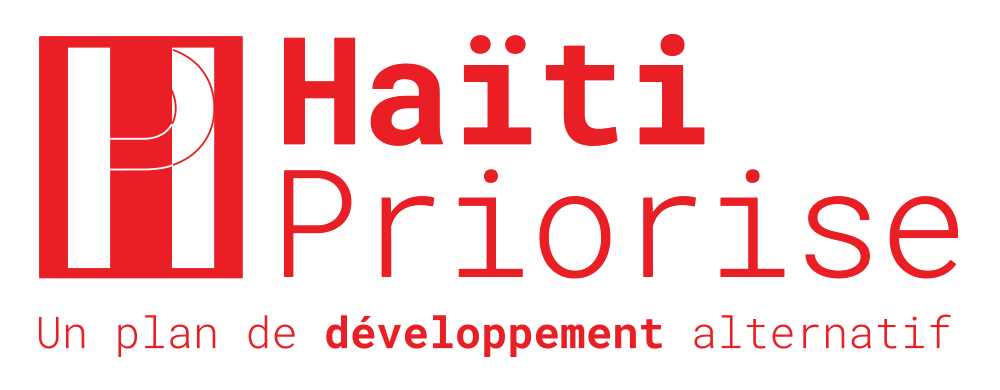Haïti Priorise: E-Government, Celicourt
Description of Problem
Nearly 30% of children aged under four do not have a certificate of birth registration. This deprives the child of fundamental rights and it risks condemning him or her to exclusion in society.
Because the majority of Haitian mothers give birth at home, registering a child can be a time-consuming process involving repeated travel to registry offices.
More than 340,000 young children have no birth certificates.
Solution
Electronic birth certificate registration
Computerization of the birth registration process in order to provide birth certificates to all newborns, and children up to the age of four.
The civil registry has already started undergoing a process of modernization, which culminated in the creation of the National Identification Office, whose mission is to identify all Haitians from birth. However, this is focused on registering adults. This proposal would affect 2 million children.
Summary Table of the BCR
| Intervention | Benefit in gourdes | Cost in gourdes | BCR |
|---|---|---|---|
| Electronic birth certificate registration | 1.2 billion – 18 billion | 550 million – 1.7 billion | Up to 10.5 |
Benefits, costs, and BCR
Cost
The intervention would cost $8-26 million depending on assumptions used.
Benefits
Digitization would save the applicants time and transportation costs, and would save the government money. In financial terms, these benefits would each be worth around $3-4 million dollars.
The benefits would continue throughout the children’s lives: they would be guaranteed the right to education, and to vote and access the formal financial system as adults.
The benefits vary depending on access to education. Education regulations stipulate that students cannot sit for state exams without a birth certificate. It is not clear that, in reality, it is a widespread practice that children are stopped from sitting for exams. However, education rights activists have been vocal about the unequal treatment of students from rural areas, and there is potential in the system for corruption within the education system.
If it is assumed that very few children are turned away from school for lacking a birth certificate, every gourde spent achieves around 2 gourdes of benefits; if it is a widespread practice then that increases to 10 gourdes.

